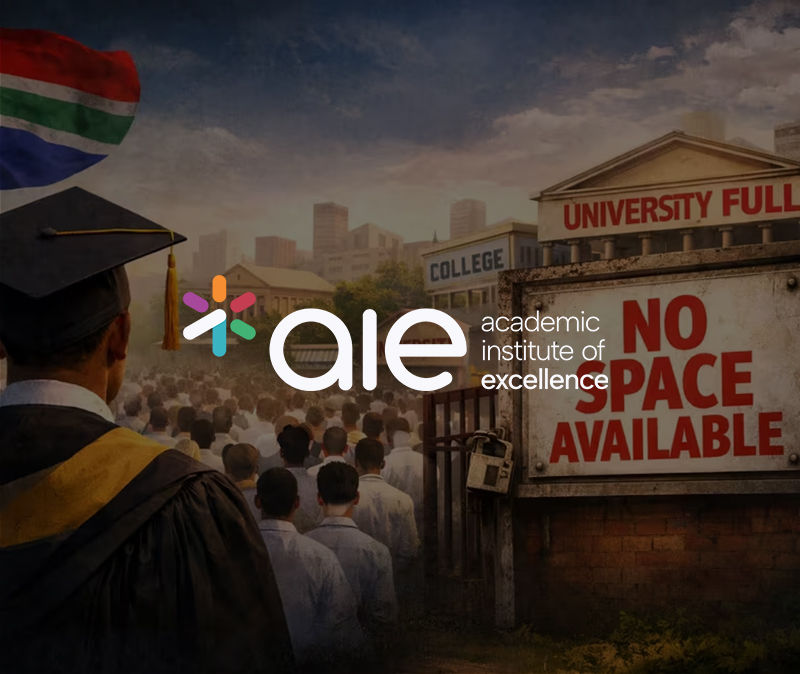ITS INNOVATE OR DIE FOR SOUTH AFRICAN BUSINESSES
- PR Worx Admin
- Nov 17, 2021
- 3 min read
Thought leadership piece by Arnoux Maré, MD of Innovative Staffing Solutions
The economic destruction of COVID-19 has left many local businesses reeling as they attempt to recover and grow despite mounting financial pressure on consumers. Yet even in this challenging environment, local businesses continue to overlook the critical role of innovation for their survival – a fatal mistake which will see many ultimately fail, especially in today’s globally competitive landscape.
Innovation refers to both the development of novel goods or services, as well as the introduction of operational enhancements. This means leveraging the power of rapidly advancing technologies to drive new efficiencies, grow customer bases, capture market share, create greater value for shareholders, and maintain profitability.
However, in a survey of over 1,200 global executives and business leaders, the PwC Innovation Benchmark revealed that as many as 54% of companies were struggling to align innovation with their business strategy, with many spending blindly and others simply ignoring innovation as a business imperative.
One key factor underlying this trend is the fact that many organisations continue to operate in silos. A common operational error, silos act to stifle innovation through preventing staff from developing a holistic understanding of the business, and allowing various departments to develop tunnel-vision – a weakness which also frustrates customer services by creating a fragmented experience. Another factor is the mistaken perception that innovation is less likely to have an immediate impact on a company’s turnover, or that it is far more likely to be incremental than radical. This fails to recognise the benefits of getting ahead of the competition by bringing disruptive new products or services to the market.
Innovation, however, is not solely reliant on new machinery or the speedy adoption of technology. It can also mean the enhanced utilisation of human capital to improve performance. During a time when so many companies are relying on big data to understand their customers’ behaviour, many forget that while big data can tell us the how, it’s the human element that can explain the why. To be competitive, more businesses should therefore consider internal employees as an important partner for innovation.
Companies must aim to become more inclusive in their innovation models, drawing on all employees across all levels and departments. This will ensure that most blind spots are covered, and that rather than churning out similar strategies to the competition, companies can produce creative ideas to set them apart from the rest of their market, and develop unique solutions to overcome various business challenges.
As one example, Innovative Staffing Solutions, a Human Capital and Facilities Management subcontractor, permanently employs and has placed over 36,000 people across a myriad of industries including the logistics, engineering and construction sectors – all of whom have specific service level agreements to meet, and must therefore be trained and oriented accordingly. Like most businesses, however, this model is not without its hurdles, such as grappling with redundant legislative policy fixated on archaic definitions of what constitutes an employee. But rather than remaining focussed on the challenges, Innovative Staffing Solutions prides itself on a solutions-based approach, recognising the opportunity to match the needs of various clients, as well as the potential to upskill a multitude of people. Through quality, practical training, we aim to make individuals not only relevant in one career, but we afford them the flexibility to move across various professions and achieve greater upward mobility.
Ultimately, employees are not merely workers with a distinct job or skills – they are the ones who carry strategies through the journey from ideas to action, directly impacting companies’ bottom lines. Finding ideal candidates who can easily fit in with the company’s culture and meet the market’s constantly evolving demands is therefore vital for any organisation looking to maximise innovation and grow its business.
And any business looking to fast-track its innovation while strengthening its employees’ contributions should utilise the assistance of professional service providers, such as a Human Capital and Facilities Management subcontractor, to ensure greater integration between innovation and strategic business objectives.




Comments